We in the contemporary western world have been brought up to believe that we require around eight hours of solid sleep. These hours must be spent at night and no other time. We go to sleep at around the same time each day and wake rested—not only is this somewhat untrue, but it’s also largely logic-defying. After all, in many areas around the Globe nights last for much longer (or, conversely, much less longer) than the prescribed eight hours. And do we really need those eight hours? And what happens to our brains and bodies while we sleep. In what follows, we explore some riveting facts about what we have come to regard as a predictable, boring aspect of our lives.
10. Gettin’ Sleepy with It
One thing a lot of sexually active women complain about is that their male partners will fall asleep right after the completion of sexual activity. However, sleeping after sex can be physiologically explained to a tee, and has also been profusely documented. During orgasm, the body of a healthy human male will release several substances, among which serotonin and oxytocin (‘happiness hormones’), nitric oxide and vasopressin (which causes the need for bonding and sometimes cuddling), as well as a hormone called prolactin, which causes sleep almost instantly.
9. White Nights Galore
What’s the longest period of time you’ve ever gone without sleep? Because we bet you could never take the holder of the Guiness Book world record on the longest time of self-imposed sleep deprivation. Most interestingly, the title holder tried to stay awake for a rocking chair marathon – which he did manage, by denying himself sleep over the course of 18 days, 21 hours, and 40 minutes. Over the course of what must have been some awfully long days, the man reported experiences with paranoia, memory loss, lapses in concentration, unintelligible speech patterns, blurry eyesight and hallucinations.
8. You’re in the Army Now
During the war in Kosovo, which occurred in the 1990s, the British Ministry of Defense investigated a way in which soldiers could be made to go without sleep for long spans of time. The scary part is that they actually managed to do it, by essentially resetting the soldier’s inner biological clocks. They provided them with special pairs of glasses, which project a brightly luminous white circle (visualize the color and light spectrum of the sun rising) around the wearer’s retina. Thus, the soldiers’ brains were tricked into believing they had just woken up. The method managed to keep US pilots awake for up to 36 hours during the Kosovo bombings.
7. Knee-d to Wake up?
Perhaps the strangest scientific finding about sleep was the one revealed by a study undertaken in 1998. The study, published in Science magazine, proved that the biological sleep cycle can be reset… by shining a fascicle of bright light on the back of one’s knee. This would have greatly benefited travelers and members of professions that entail a certain degree of sleep deprivation. Many since have challenged the unusual study, in concerted efforts to debunk its findings, but it remains unclear whether or not light absorbed through the skin can actually affect the biological clock of a healthy human.
6. Lack of Sleep Kills
As you may already know, sleep deprivation slows the human metabolism and also impairs the neural system. Neither brain nor body are given sufficient time to repose and reconstruct properly, as they would after a whole night’s sleep. However, sleep deprivation has also been known to cause historic tragedies: the people who brought on the Exxon Valdez oil spill off the coast of Alaska (1989), the explosion of the reactor at the Chernobyl plant (1986) and the explosion of the Challenger space shuttle, moments after lift-off (1986) were all sleep deprived, apparently.
5. Sleep like a Victorian
We’re so accustomed to the fact that we ‘need’ eight solid hours of sleep each night that rarely do we ever come to question this belief. We are, on occasion, made aware of the fact that some humans seem to function with as little as five or six hours per night. However, our own sleep patterns are much less responsive to actual nighttime than those in the Victorian era. During the 19th century, people would go to sleep at night fall, rise for a few hours at night, then continue their sleep until sunrise. With each season, the hours they went to sleep would change, in order to adapt to changes in daylight time spans.
4. Daylight Lifesaving Time
An unusual research fact uncovered by social scientists in Canada is the one between the implementation of daylight savings time and the number of road accidents. Specifically, when the energy-saving method was first introduced in Canada, researchers noted that a fall in the number of casualties from car crashes also significantly decreased. However, in 2008, American researchers also revealed that switching back to the summer hour in spring also causes an increased number of heart-attacks on the first Monday after the switch.
3. Sleep-Surfing
Sleep-related disorders have gained prominence in recent years. As the number of acknowledged sufferers appears to have increased during the first decade of the third millennium, so has the amount of scientific research that goes into sleeping disorders. And the experts are saying that the simultaneous emergence of the Internet is no coincidence: one of the most encountered distractions and often preferred alternatives to sleep is the Internet. The fact that it’s available 24 hours a day is one of the leading causes behind sleep issues.
2. Feelin’ Blue?
Have you ever woken up sleepier than you were when you set your head upon the pillow? You may be one of the world’s many sufferers of delayed sleep phase syndrome, in which the ticking of your biological clock is mismatched with actual real-world time. The good news is that you can adjust your inner clock by wearing goggles when you go to sleep. As such, even if you do wake up during the ‘blue light’ hour, the goggles will make the light appear warmer. Your body will respond by adjusting body temperatures at a higher level, thereby also resetting your internal clock.
1. Sleep Deprived and Sick of It
Researchers have found that, when sleep deprived, the human body tends to produce excess levels of corticosterone, as well as fewer brain cells. Corticosterone is the main hormone in charge of stress levels. Also, the process by which nerve cells are regenerated (i.e., neurogenesis) is affected, thus producing issues in cognition in people who suffer from sleep deprivation. What is more, during sleep, most human organisms undergo a blood sugar spike (usually around 3 a.m.). Insufficient sleep or no sleep at all will cause blood sugar levels to sky-rocket.


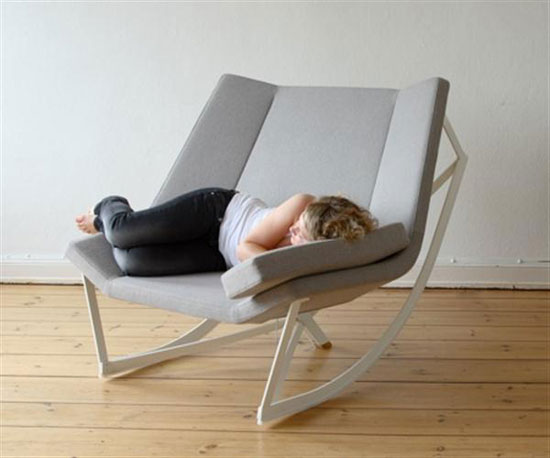

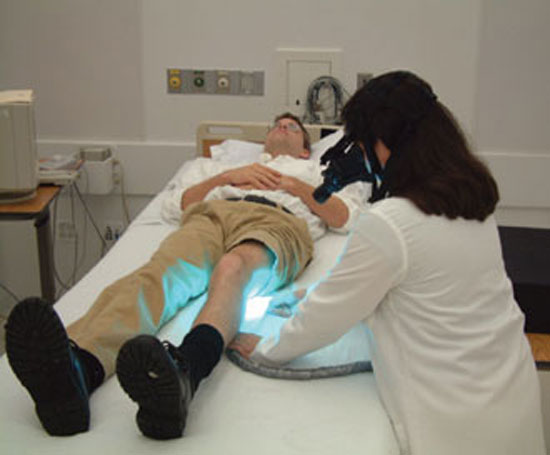


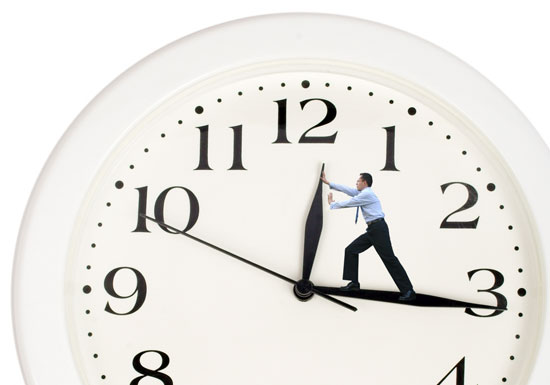
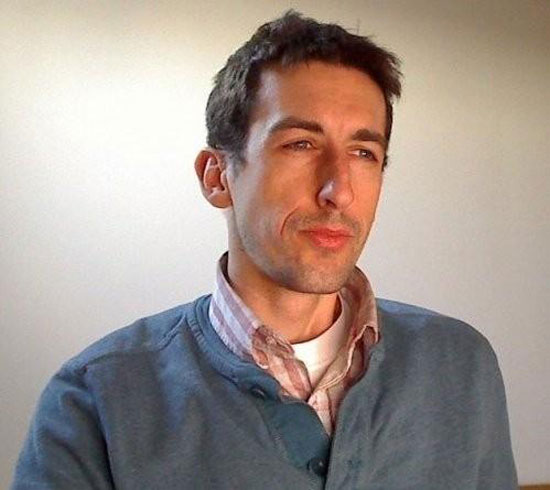
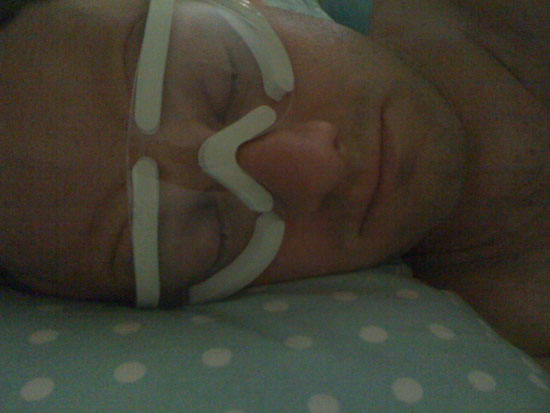

Leave a Reply